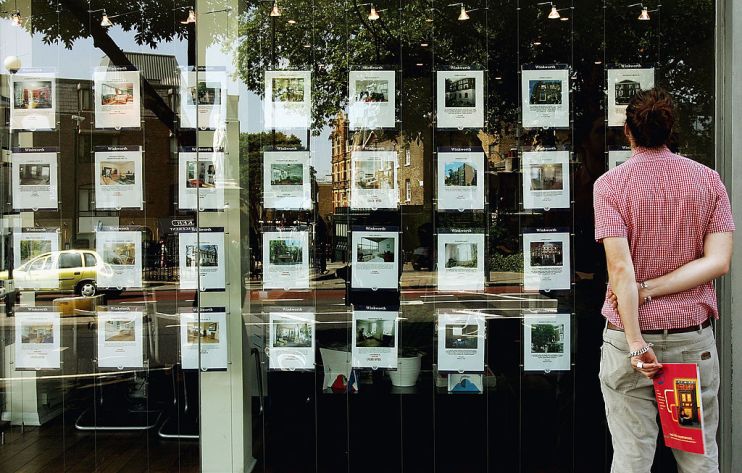Londoners may have to wait 30 years or get a second job to buy a house

A bleak picture has been painted for prospective buyers in London in 2024, as a number of reports suggest that affordability will remain an issue this year.
London has remained the most expensive part of the UK to purchase a home, due to the high demand to live in the capital.
Average house prices in London decreased by 4.8 per cent in December, with an average price of £508k at the end of last year.
Analysis, initially published in The Telegraph, has shown a Londoner on the average salary of around £40k would need to save for thirty years in order to pay a deposit for a home.
To pay for the deposit they would need to save 10pc of their take-home pay for three decades to afford a 20pc deposit on a £438,000 property.
However, 20 years ago it would have taken a first time buyer 15 years.
Nearly two decades of wage stagnation has not helped buyers in the capital. Previously, economists at Greater London Authority (GLA) said workers in London were £50k worse off since 2010.
This coupled with over two years of abnormally high levels of inflation and multiple threats of a recession has sunk confidence.
Annie, a 27-year-old business owner, and her partner (29) told Barratt Developments as part of a case study the pair were forced to take on extra work to help them reach their savings goal and buy their flat in North London,
“Me and my partner were both earning decent entry-level salaries but living in London meant our rent wasn’t cheap and we found we weren’t saving much.
“We both took on second jobs and put all of the earnings from these into savings for a deposit.”
She added: “I worked in a fish and chip shop on a Friday night and started doing some freelance work too. My partner had an evening cleaning job three nights a week.”
Rising rents in the capital has also limited how much tenants can save on a monthly basis.
New analysis from rental platform Goodlord has revealed that the average renter in London will spend at least £250k on rent before they get their foot on the property ladder.
Oli Sherlock, managing director of insurance at Goodlord, said:“Tenants have faced an acute rise in rents over recent years, which is making it increasingly difficult to save for a deposit to buy.
“Ironically, this is compounding the issue of high costs as the number of tenants continue to increase, driving up demand for available rental properties.”
He added: “At the same time, rising mortgage rates are forcing some landlords to question whether to stay in the sector, tightening supply and demand even more.”
Myron Jobson, senior personal finance analyst at interactive investor, added: “Many first-time buyers have given up hope of owning a property in London because of the heightened cost of property relative to other UK regions.
“Fast-rising rents, which have reached boiling point in many areas of London, haven’t helped matters, reducing disposable income to put toward saving for a home purchase.
He added: “Things are getting better on the mortgage rates front, with rates paring back from heady heights of summer 2023.
“But mortgage rates and house prices often have a see-saw relationship, where lower mortgage rates tend to push up house prices – which exacerbates deposit-building efforts. However, with wage growth outstripping inflation, some first-time buyers will be able to offset this burden.”